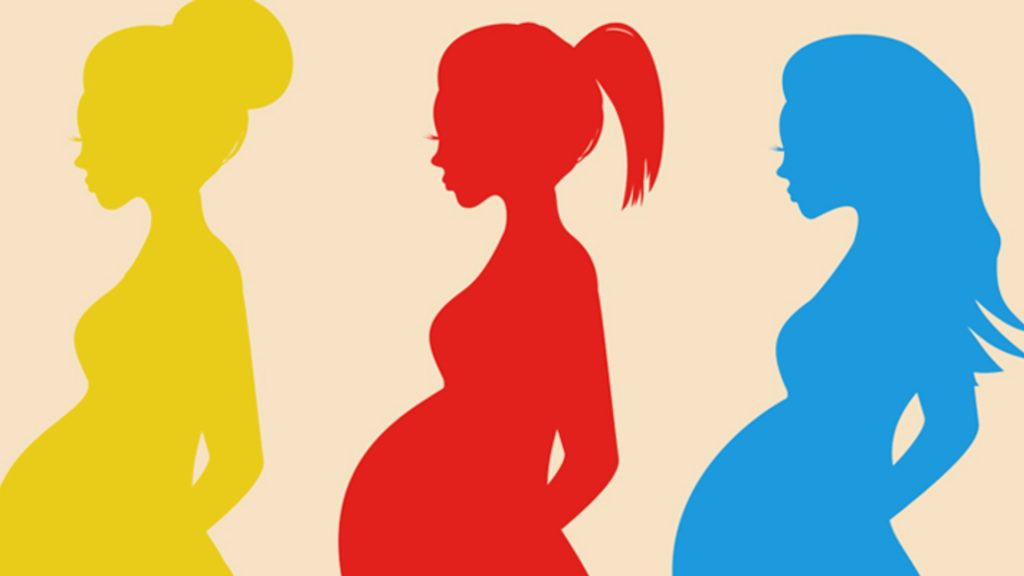By Maddie Solomon

When I started my internship with She’s the First, an organization dedicated to fighting gender inequalities through education — I knew that the pandemic had created immense barriers for many communities. When there is an international emergency, those who are most marginalized are often first to experience the economic and political consequences. However, the research I have done for work has further demonstrated that teen pregnancy is on the rise, making it harder for girls to complete their studies. 130 million girls worldwide do not have access to education. It’s estimated that after COVID-19, 20 million more girls will never go back to school.
Overwhelmingly, research shows that not only has domestic violence increased in households across the world — but that teen pregnancy rates have gone up since the start of the pandemic. This increase hinders girls’ rights across the globe and their ability to have an equal education. The loss of access to contraception, as evidenced in places like India and Indonesia, have shown that in times of crisis, we often forget to support women and girls in their basic needs. Millions of people are cut off from reproductive health care. Menstrual products shouldn’t be a privilege, and we should consider reproductive rights and freedoms to be an extension of essential services.
This information may seem like common knowledge to the average college student. However, due to our positionality, we often forget these facts in our conversations. I have watched girls I stand in solidarity with become generalized, reduced to their sexual activities. We are quick to attribute the rise in teenage pregnancy to “pandemic boredom”. Girls want to have families and not be educated — is a dry and problematic explanation offered up. Society wants us to view these unintended pregnancies as the fault of young girls and women, an aberration of a system that is working to support them. But, this system wasn’t designed to help girls and women. And the pandemic is actively failing them by compounding such inequalities.
As Foluyinka “Yinka” Fakoya writes in her piece for Ms. Magazine, “COVID-19 does not cause sexual violence against young girls, teenage pregnancy or child marriage. These outcomes are driven by existing gender inequalities and harmful gender norms that are exacerbated in times of crisis by economic shocks, forced confinement and increased stress.”
COVID has shown the tendency of our society to victim blame girls and women for their economic hardships. The increase in teen pregnancy fits well with an international narrative that looks to minimize girls to their fertility and maternity. Reproductive rights, services, and healthcare are the answer; yet, we are routinely taught to believe that women around the world are actively choosing not to pursue their education.
What can we do about this dilemma? How can we ensure that girls across the globe have equal access to education, which is often determined by their reproductive health care? We can continue to support organizations like She’s the First, which look to mitigate such problems by funding community partners within different countries across the globe that support young girls. We can join movements that fight for reproductive rights and justice, and work to think critically about the factors that keep young girls out of school.
Lastly, we can continue to advocate for reproductive freedoms within the United States — ensuring that every girl has access to safe contraception. While the issues of reproductive rights and healthcare may seem different than education rights, the two are often intertwined. Colleges, at the bare minimum, should be offering classes that discuss the role of teen pregnancy in hindering girls and women — not because it is their fault — but because it is the culmination of several political disparities that seek to confine women to the home and reduce them to their sex.
Now is the time to act. Now is the time to amend our conversations to challenge the narratives about girls we have been fed. It is time to take reproductive rights and freedoms seriously because it is time to value equal access to education.
